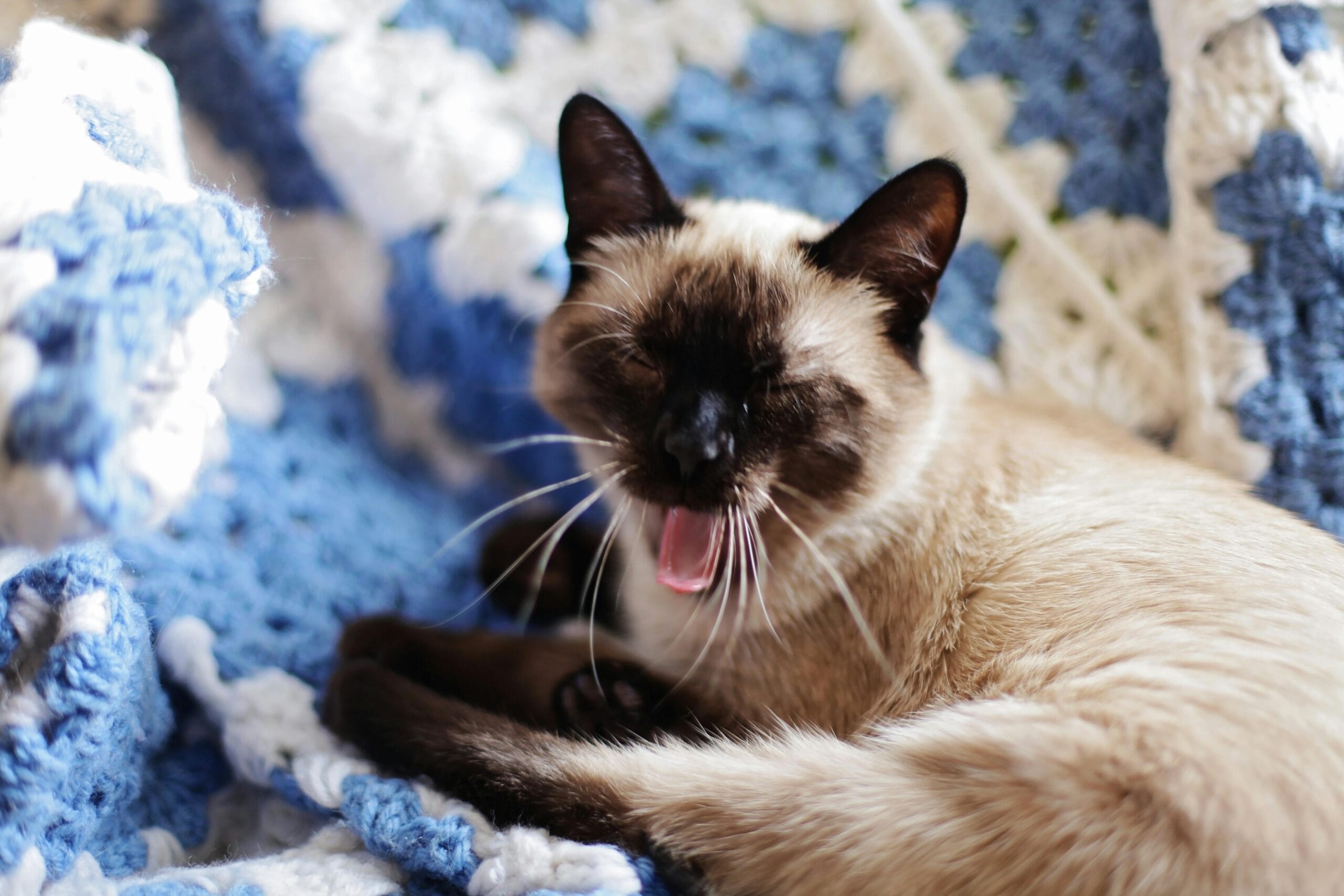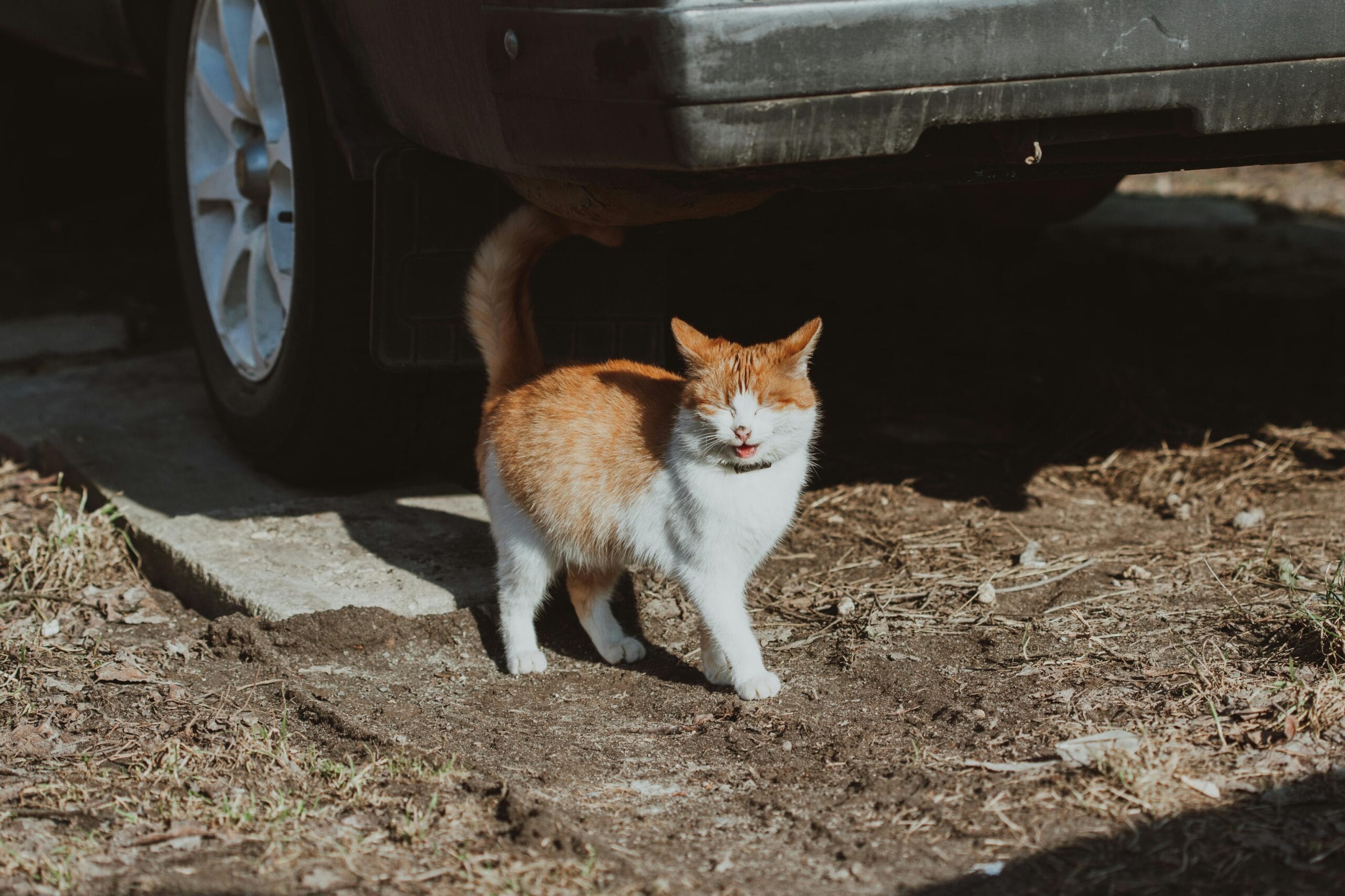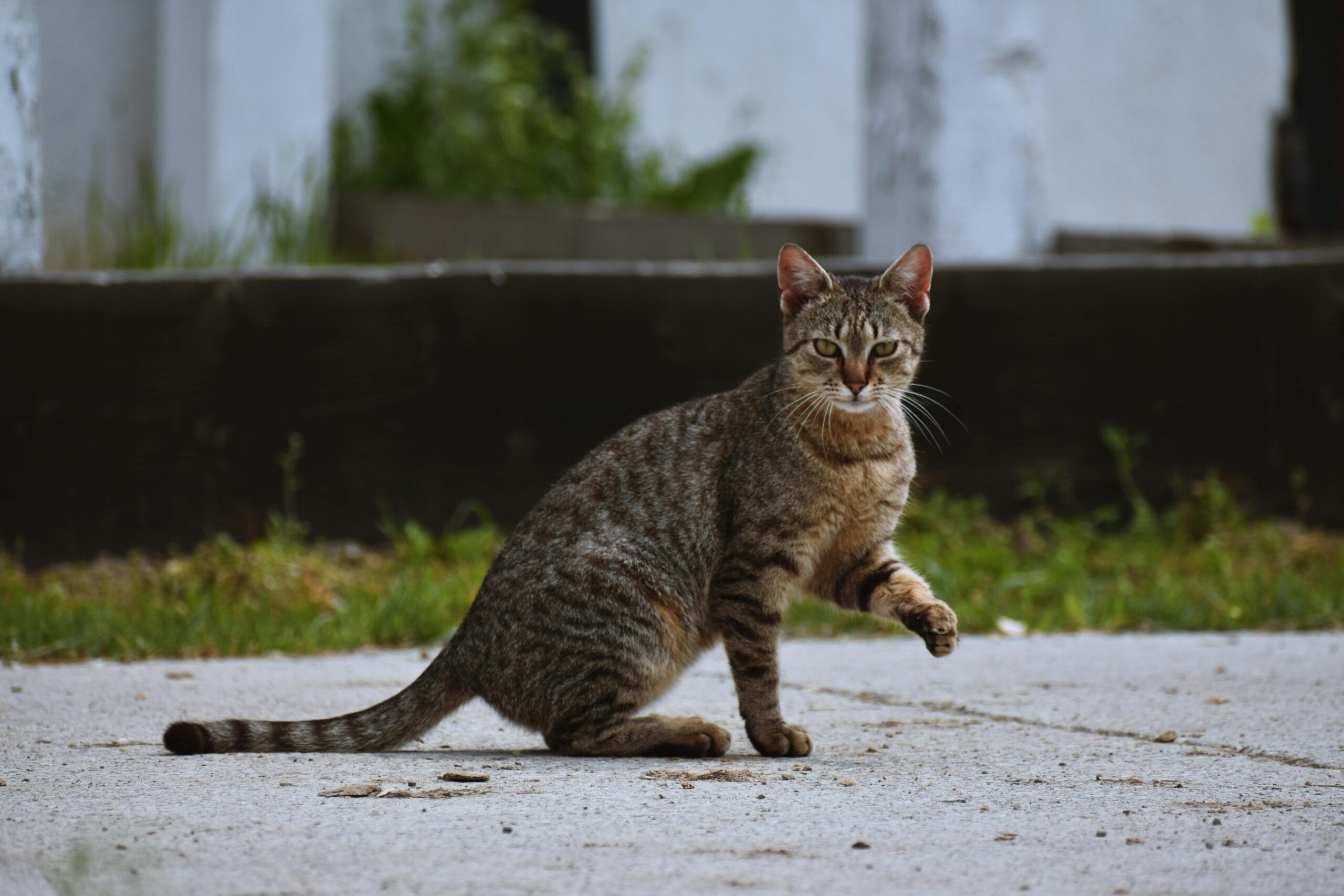Is 140 Calories Enough For A Cat? Find out your cat’s daily calorie intake & understand their calorie needs. Learn how to ensure proper nutrition for a healthy, happy feline! #CatCalorieNeeds #DailyCalorieIntakeCat
Is 140 Calories Enough For A Cat? Understanding Your Cat’s Daily Calorie Intake
Determining the right amount of food for your feline friend is crucial for their health and well-being. A common question among cat owners revolves around daily caloric intake: Is 140 calories enough for a cat? The short answer is: it depends. This article delves into the complexities of cat calorie needs, helping you understand how to calculate the appropriate daily calorie intake for your cat and avoid potential health problems.
Factors Affecting Cat Calorie Needs
Several factors influence a cat’s daily caloric requirement. A simple “yes” or “no” to the question, Is 140 calories enough for a cat? is insufficient. Consider these key variables:
Age
Kittens require significantly more calories than adult cats due to their rapid growth. Older cats, on the other hand, often need fewer calories as their metabolism slows down. A 140-calorie diet might be sufficient for a very small, senior cat, but entirely inadequate for a growing kitten. Providing your cat with the right amount of food is especially important if you are giving them a particular brand of food. For example, if you’re giving your kitten Fancy Feast, you’ll need to consider how many calories each serving has. Learning more about choosing the right food can be found on our article about: Is Fancy Feast good for kittens?
Weight
A heavier cat naturally needs more calories than a smaller cat. Body condition scoring, a method used by veterinarians to assess body fat, is a far more reliable indicator than simply looking at your cat’s weight. If your cat is underweight, 140 calories will likely be insufficient. Conversely, if your cat is overweight, 140 calories may be excessive, potentially leading to further weight gain.
Activity Level
Just like humans, active cats burn more calories than less active cats. An indoor cat that spends most of its day sleeping will have different caloric needs than an outdoor cat that spends hours hunting and playing. If your cat is constantly on the move, 140 calories may not be enough to fuel its energy levels. Conversely, if your cat is mostly sedentary, it could be too much.
Health Conditions
Underlying health conditions, such as hyperthyroidism or diabetes, can significantly impact a cat’s daily calorie intake. Cats with certain illnesses may require a calorie-restricted diet, while others may need a higher calorie intake to maintain their health. Always consult your veterinarian to determine the appropriate calorie intake for a cat with specific health concerns.
Breed
Certain cat breeds naturally have higher metabolisms or larger builds than others, influencing their caloric needs. A Maine Coon, for example, will have far greater energy requirements than a Siamese.
Calculating Your Cat’s Daily Calorie Needs
Accurately calculating your cat’s daily calorie intake requires considering the factors mentioned above. While a general guideline can be provided, a veterinarian’s assessment is vital for personalized advice. There are online calculators available, but remember that these are just estimates. You should also consult your veterinarian for personalized recommendations. The wrong amount of calories, whether too high or too low, can have significant health consequences.
Many online resources offer cat calorie needs calculators. However, inputting your cat’s unique information is essential for an accurate estimate. Remember to always verify the information and consider consulting with your veterinarian.
Understanding Cat Food Labels
Cat food labels often list the calories per serving. However, this information can be confusing, as the serving size can vary drastically. Carefully read the label to understand the caloric content per unit of weight (usually per ounce or kilogram). For example, before feeding your cat Smalls, it is recommended that you check the calorie count per serving. You can learn more about it here: Is Smalls cat food good?
Pay attention to the ingredients and nutritional information listed. High-quality cat food provides better nutrition in a balanced manner. When considering different options, for example, when comparing Weruva with other brands, checking the nutritional value can be crucial in determining which would work better for your cat’s needs. For more information, you can read our article: Is Weruva good cat food?
Signs of Incorrect Calorie Intake
Observing your cat’s weight and behavior can indicate whether their daily calorie intake is appropriate. Sudden weight loss or gain is a major warning sign. Other indicators include:
- Lethargy or excessive energy
- Changes in appetite
- Poor coat condition
- Frequent vomiting or diarrhea
If you notice any of these changes, consult your veterinarian immediately. They can help determine if your cat’s cat calorie needs are being met and recommend adjustments to their diet.
The Importance of Veterinary Guidance
While this article provides valuable information regarding cat calorie needs, it’s crucial to remember that this information is not a substitute for professional veterinary advice. A veterinarian can assess your cat’s individual needs, considering their age, weight, activity level, breed, and any underlying health conditions to provide personalized recommendations. They can help you determine the appropriate daily calorie intake for your cat and address any health concerns.
Understanding your cat’s nutritional needs is an integral part of responsible pet ownership. Choosing the right food is key. For example, if you’re considering Sheba, you should weigh the pros and cons. Learn more by visiting our article about: Is Sheba cat food good for cats?
For a more in-depth understanding of how much to feed your cat, you may want to check out our article on: How much is cat food?
Additional Resources
For further information on cat nutrition, consider consulting these reputable resources:
Conclusion: Is 140 Calories Enough For A Cat?
The question, “Is 140 calories enough for a cat?” cannot be answered definitively without considering various factors. Your cat’s age, weight, activity level, health, and breed all play a significant role in determining their daily calorie intake. Regular veterinary checkups and careful monitoring of your cat’s weight and behavior are essential for ensuring their nutritional needs are met and maintaining their overall health. Remember to consult your veterinarian for personalized advice on your cat’s cat calorie needs. They are your best resource for ensuring your beloved feline thrives.
Share Your Experience!
Have you struggled to determine the right calorie intake for your cat? Share your experiences and tips in the comments below! Let’s help each other ensure our feline companions receive the optimal nutrition they need for a happy and healthy life. What are your thoughts on daily calorie intake for your cat and have you found any helpful resources for determining cat calorie needs?

Frequently Asked Questions: Is 140 Calories Enough For A Cat?
- Is 140 calories enough for a cat?
- No, 140 calories is generally insufficient for most adult cats. Their Daily Calorie Intake Cat depends on factors like age, weight, activity level, and health conditions. Consult your vet to determine your cat’s specific Cat Calorie Needs.
- How many calories should my cat eat daily?
- The appropriate Daily Calorie Intake Cat varies greatly. A vet can calculate the ideal number based on your cat’s individual characteristics. A general estimate isn’t reliable, as neglecting this can lead to health problems.
- My cat is small; is 140 calories enough?
- Even small cats usually require more than 140 calories a day. While their Cat Calorie Needs are lower than larger cats, 140 calories is likely too low to maintain a healthy weight and energy level. Vet consultation is crucial.
- Is 140 calories okay for a kitten?
- Absolutely not. Kittens have much higher Cat Calorie Needs than adult cats due to their rapid growth. 140 calories is severely deficient and will stunt their development.
- My cat is overweight; should I feed it only 140 calories?
- No. Restricting calories too drastically can be harmful. Consult a vet to create a safe and effective weight-loss plan for your overweight cat. They can help determine the appropriate Daily Calorie Intake Cat for weight management.
- What happens if my cat eats too few calories?
- Insufficient calorie intake can lead to weight loss, muscle loss, a weakened immune system, and various health problems. It’s vital to provide your cat with the proper Cat Calorie Needs to thrive. Always check with your vet.
- How do I calculate my cat’s daily calorie needs?
- You cannot accurately calculate this without professional veterinary guidance. Many factors influence a cat’s Cat Calorie Needs. Your vet can assess your cat and provide a personalized recommendation.
- My cat is picky; should I limit its food to 140 calories?
- Restricting food to an insufficient amount will only exacerbate the situation. Work with your vet to find palatable food that meets your cat’s Cat Calorie Needs while addressing its pickiness.
- Are there any online calculators for cat calorie needs?
- While online calculators exist, they are not substitutes for professional veterinary advice. These calculators lack the precision of a vet’s assessment of your cat’s specific needs and health status.
- Is “Is 140 Calories Enough For A Cat?” a serious question?
- Yes, it is. Underfeeding your cat can lead to serious health consequences. Determining the correct Daily Calorie Intake Cat is critical for your pet’s well-being. Always consult a veterinarian.

Is 140 Calories Enough for a Cat?
Determining the appropriate caloric intake for your feline friend is crucial for their health and well-being. 140 calories is likely insufficient for most adult cats, especially those who are active or larger breeds. A cat’s daily caloric needs vary significantly depending on factors like age, weight, activity level, and overall health. To understand your cat’s specific requirements, consult your veterinarian. They can help you create a personalized feeding plan that ensures your cat receives the proper nutrition. For more information on calculating your cat’s food needs, you might find this article helpful: How Much Cat Food Should I Feed My Cat?
Many cat food brands offer varying calorie counts per serving. Understanding the nutritional content of the food you’re providing is essential. Some popular brands include Sheba, Weruva, Smalls, and Fancy Feast. However, it’s important to research each brand and its specific product lines to determine if they meet your cat’s nutritional needs. For example, you may want to know if a particular brand is a good fit for your cat. You can explore more about specific brands and their nutritional profile through these links: Is Sheba Cat Food Good for Cats?, Is Weruva Good Cat Food?, Is Smalls Cat Food Good?, and Is Fancy Feast Good for Kittens? Remember to always check the nutritional information on the packaging.
Underfeeding can lead to several health problems, including weight loss, muscle loss, a weakened immune system, and nutritional deficiencies. These deficiencies can manifest in various ways, impacting your cat’s energy levels, coat condition, and overall health. Observing your cat’s behavior and physical condition is vital. If you notice any signs of malnutrition, consult your veterinarian immediately. They can assess your cat’s health and recommend adjustments to their diet.
Conversely, overfeeding can also be detrimental, leading to obesity and related health issues such as diabetes and joint problems. Finding the right balance is key. Consider factors like your cat’s breed, age, and activity level when determining the appropriate portion size. Remember, a healthy weight contributes significantly to your cat’s longevity and quality of life.
In summary: 140 calories is unlikely to be sufficient for an adult cat. Always consult your veterinarian to determine the appropriate calorie intake for your individual cat based on their specific needs. Pay close attention to your cat’s health, weight, and activity level. Regular veterinary checkups are crucial for maintaining your cat’s well-being.

Is 140 Calories Enough For A Cat,Cat Calorie Needs,Daily Calorie Intake Cat